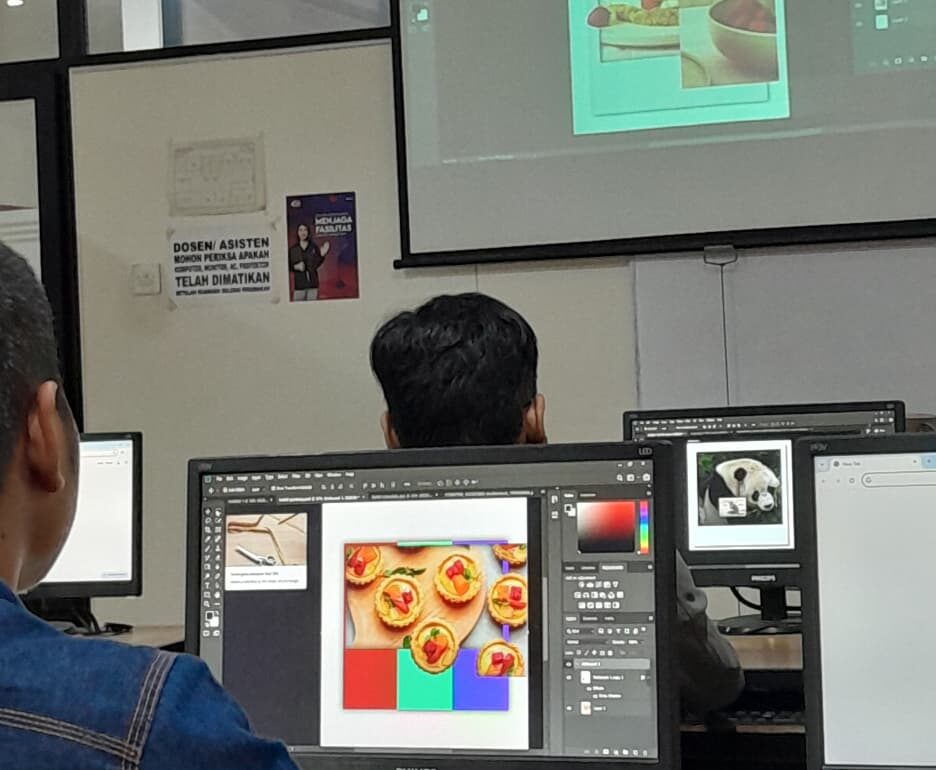Should you inform visitors to your home that smart speakers could pick up what they say? And when it comes to staring at Twitter on your phone, how much is too much?
Gadget etiquette is something we are all grappling with, and on this week’s Tech Tent we hear from two people who have played a big role in shaping the way we interact with technology.
For Rick Osterloh, Google’s hardware chief, it has been a big week. Not content with being a huge force in internet search and online advertising, Google has long wanted to be big in hardware.
It’s had variable success with everything from the Google Home smart speakers, to virtual reality headsets and the ill-fated Google Glass. But it’s the Pixel smartphone which is probably the flagship product.
So far, it’s won great reviews but quite modest sales, so a lot was riding on this week’s launch of the Pixel 4.
When our technology desk editor Leo Kelion interviewed Rick Osterloh he was eager to talk about what he called “ambient computing”, the idea that our gadgets are all around us but sort of merge into the background except when we need them.
The new radar feature on the Pixel 4 was an example of this, he explained, allowing you to interact with the phone without touching it.
“If you’re listening to music, you can easily swipe between songs without touching your device. If your alarm goes off in the morning, as you approach it, the alarm sound reduces and then you can swipe to dismiss the alarm. Your phone almost senses a little bit what you want from it.”
With a new Google Nest smart speaker also being launched, we are looking at a future where Google is listening to us and sensing us in all sorts of ways.
Then Leo came up with a question which seemed to stump Mr Osterloh – should a visitor to your home be told that you’ve got one of these ambient devices before they walk in?
“It’s a great question,” he said. “Gosh I haven’t thought of that.” But after a moment’s thought he decided, yes, that would be good gadget etiquette.
“Does the owner of a home need to disclose to a guest? I mean, I would do when someone enters into my home, and I think it’s probably something that the products themselves should try to start to indicate.” He said Nest cameras already signalled their presence.
Plato’s issue
But for many of us the problem is not that gadgets are hidden away – but they are in our face all the time because we are addicted to them.
Nir Eyal’s career has been all about helping firms get us hooked on gadgets and the services they provide. Indeed, he wrote a book called Hooked, describing the techniques that made products “sticky”.
But now he is advising us on how to avoid being constantly distracted by technology. His book Indistractable is full of tips about having a more sensible relationship with your gadgets.
He rejects the idea that many of us are addicted to our screens: “The vast majority of us aren’t addicted, we are distracted, meaning we can do something about it if we try.”
He also says that parents may be too focused on screen time as the latest danger to their children’s wellbeing: “Whether it was rock and roll in previous generations or rap music or comic books, we want something to blame.”
But he says there are plenty of ways we can avoid being distracted, whether it is having rules about phones at the dinner-table or keeping your social media apps off the home screen of your device.
His key piece of advice, however, is that you should look within yourself to find the reason you cannot ignore those pings and pop-ups from your smartphone:
“We turn to these devices as distractions to avoid feeling something we don’t want to experience -. boredom, loneliness, stress, fatigue, uncertainty.”
The last decade has seen huge changes, as smartphones and social media have become integral to our lives. But Nir Eyal points out that Plato was talking about distraction 2,500 years ago. The technology changes radically, but humans face much the same challenges.
Source : https://www.bbc.com/news/technology-50096646














